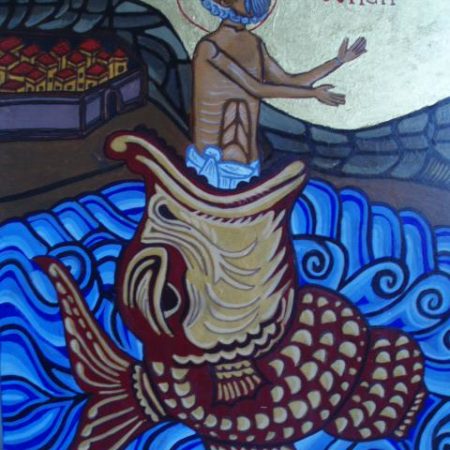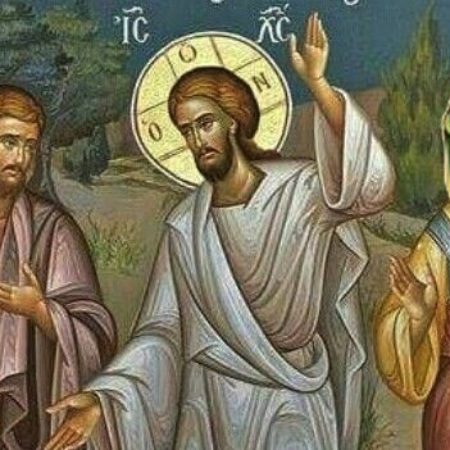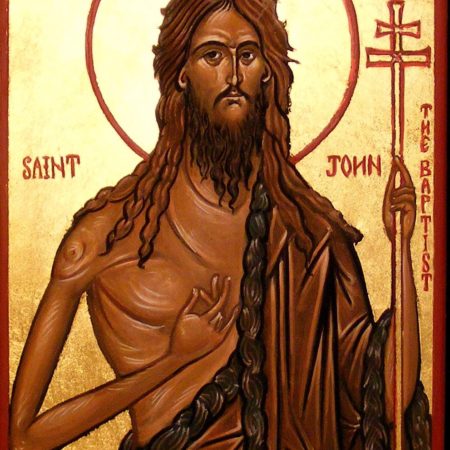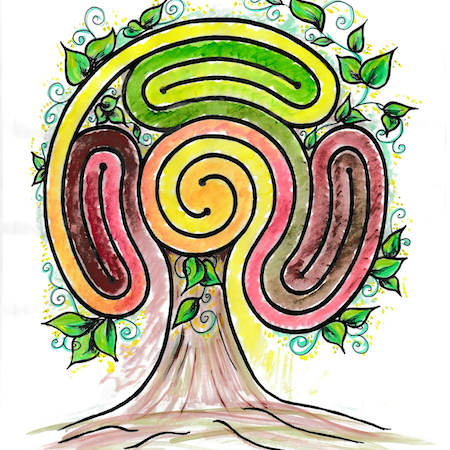The doctrine of the Trinity teaches us how to take sides when the Bible brings us conflicting voices, especially over persistent issues like ethno-nationalism, racism, war, and genocide.
Sermons on Bible
Both contemporary and ancient understandings of the rainbow sign point to God’s expansive love overcoming our fears and hostilities.
The story of Jonah challenges us whenever we start thinking that we have special rights as God’s people.
Many parts of the Bible can be and often are weaponised as tools of oppression, but when we read it critically, with and through the teachings and example of Jesus, it calls us to liberation and life.
We we allow God’s word to work in us, it lifts the burden of oppressive teaching from us.
Jesus asks us to assess the legitimacy of any ministry by its transforming and liberating outcomes for the world and its peoples.
Jesus’s parables always shock us, and few things shock us more than the outrageous graciousness that God shows us and calls for from us.
As dangerous climate change unfolds before our eyes, the best possible outcome is entirely dependent upon humanity coming to a full acknowledgement of its special power and its special responsibility, which must centrally involve mastering our power.
When we read scripture through the eyes of Jesus, we find a way free of the violent abusive images of God in some of the ancient texts.
Much traditional morality is based on the idea of separation into binary categories, good and bad, but the Bible also points a path towards a liberating non-binary future in God.
Reading scripture with God’s people keeps us honest as we seek to interpret and live by God’s law written on our hearts.
There are many stories in the Bible that can appear to portray God as involved in terrorist acts, but Jesus invites us to read them in new ways.
The crucified and risen Jesus teaches us to interpret the whole Bible through his eyes.
The righteousness give to us in Christ, and which we grow into in our following of him, fulfils and exceeds the trajectory set by the biblical law and prophets.
The Bible can be used to justify anything, but when it is approached humbly as a place of prayerful encounter with the risen Christ, it is alive with the breath of God and leads us to life.
The foundation of our faith is in a living Christ who enables us to understand the Bible, rather than in a Bible that enables us to understand a dead Christ.
Jesus recognises that there are different ways of interpreting the Bible that lead to different understandings of God and of following God, and he demonstrates the principles by which he would have us read it.
The reading of scripture is one of the most important places where God has promised to become present and known to us.
Hope is a courageous and active stance towards life which is nourished in those who attend to the voice of God in Scripture.
Christ’s story – the crucifixion of the truly good and its resurrection and coming victory – is the whole story of God’s work in the world and the whole story of the Bible.










